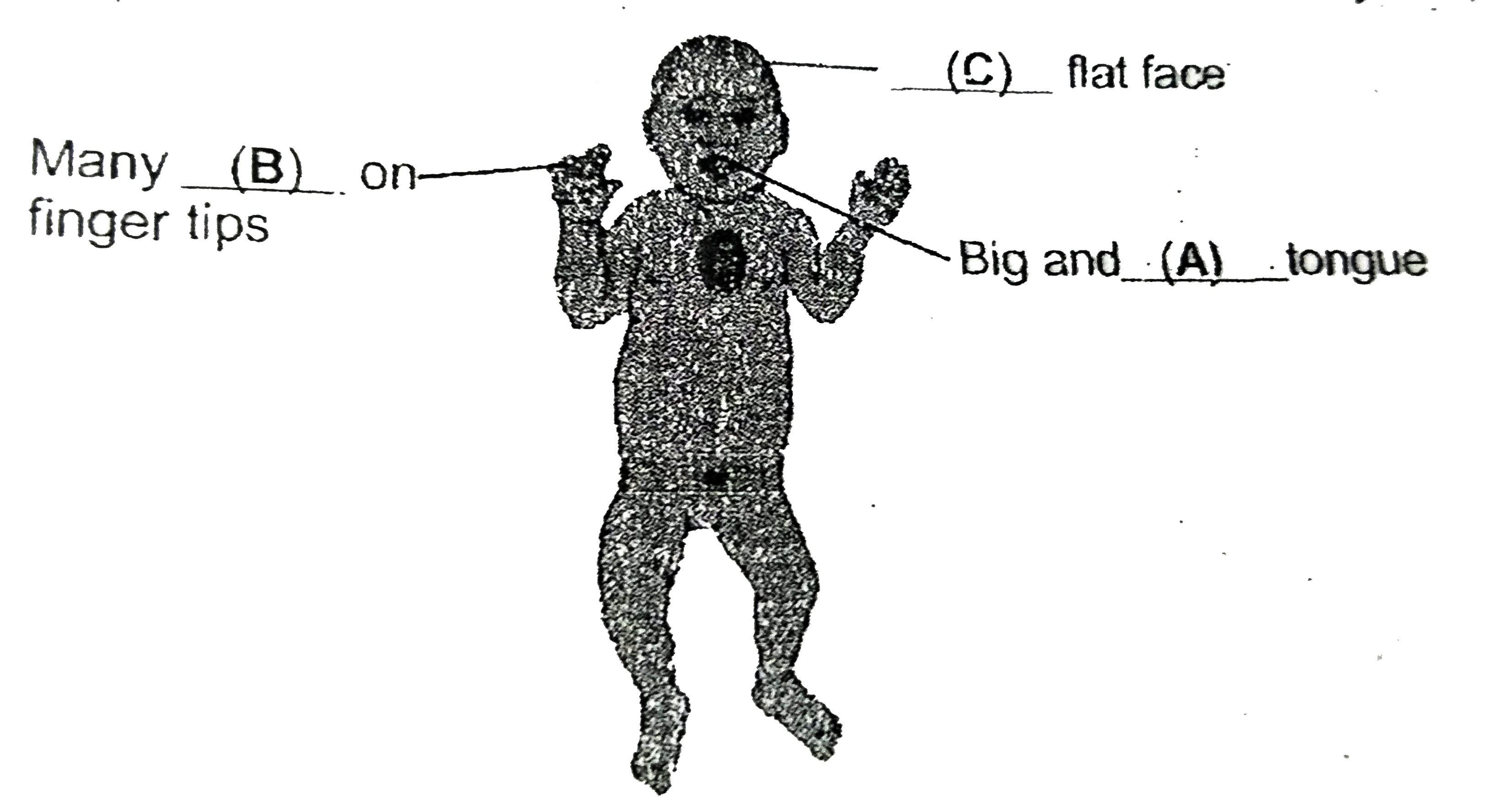Effect of anaesthetics on body :
Inhibits Na–K pump
Kills nerves
Stops brain functions
Inactivates skin cells
The correct Answer is:A
Step-by-Step Text Solution:
1. Understanding Anesthetics: Anesthetics are substances that induce a state of temporary loss of sensation or awareness. They are commonly used during surgical procedures to prevent pain.
2. Mechanism of Action: The primary mechanism by which anesthetics work is by suppressing or inhibiting voltage-gated ionic channels in the nerve membrane. These channels are crucial for the transmission of nerve impulses.
3. Effect on Nerve Transmission: By inhibiting these voltage-gated ionic channels, anesthetics reduce the transmission of nerve signals at synapses. This means that the signals that would normally convey pain sensations to the brain are interrupted.
4. Role of Neurotransmitter Receptors: Anesthetics can also affect neurotransmitter receptors at synapses. They may either inhibit or excite these receptors, further contributing to the reduction of nerve transmission.
5. Temporary Nature of Effects: The effects of anesthetics are generally reversible, allowing for the return of normal sensation and nerve function after the anesthetic wears off.
6. Clinical Use: Anesthetics are primarily used in major surgeries to prevent pain and induce sedation. Patients do not feel pain or may experience numbness during the procedure due to the action of the anesthetics.
7. Evaluating Options:
- Option 1: Inhibits NAK pump - This is correct as the NAK pump is a type of voltage-gated ionic channel.
- Option 2: Kills nerve - This is incorrect; anesthetics do not kill nerves.
- Option 3: Stops brain functioning - This is incorrect; the brain continues to function, but the person is in a sedative state.
- Option 4: Inactivates skin cells - This is incorrect; anesthetics do not inactivate skin cells.
8. Conclusion: The correct answer is Option 1: Inhibits NAK pump.
- Option 1: Inhibits NAK pump - This is correct as the NAK pump is a type of voltage-gated ionic channel.
- Option 2: Kills nerve - This is incorrect; anesthetics do not kill nerves.
- Option 3: Stops brain functioning - This is incorrect; the brain continues to function, but the person is in a sedative state.
- Option 4: Inactivates skin cells - This is incorrect; anesthetics do not inactivate skin cells.
Similar Questions
A sample of chloroform being used as anaesthetic is tested by .
View SolutionA body is projected vertically upward from ground. If we neglect the effect of air, then which one of the following is the best representation of variation of speed (v) with time (t)?
View SolutionGiven below is an incomplete table about certain hormones, their source glands and one major effect of each on the body in humans. Identify the correct option for the three blanks A, B and C.

View SolutionGiven below is the figure showing an individuals inflicted with Down's syndrome.

Write down the correct words for all the three blanks (A) , (B) and (C ) indicated in the figure.
View SolutionGiven below is an incomplete table about certain hormones , their source glands and one major effect of each on the body in humans . Identify the correct option for the three blanks A, B and C :
GlandSecretionEffect on BodyAOestrogenMaintenance of secondary sexual charactersAlpha cells of Islets of BRaises blood sugar levelLangerhans Anterior pituitaryCOver secretion leads to gigantism
View SolutionSuppose the earth stops rotating about its axis what will be its effect on the weight of a body.
View SolutionWhat is the effect of force on a rigid body ?
View SolutionWrite the source and the effect on the human body of the following drugs
(i) Morphine
(ii) Cocaine
(iii) Marijuana
View SolutionWrite the source and the effect on the human body of the following drugs:
(i) Morphine (ii) Cocaine (iii) Marijuana
View SolutionThe effect of opiates is
View Solution
